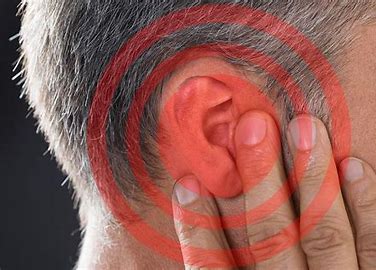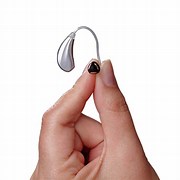It can be distressing, it affects one in three of us, and
while there are many treatments, as yet there’s no cure.
Tinnitus is often described as “ringing in the ears”, but
many people experience it as a whistling, whooshing or buzzing sound in their
head.
It can come and go, or for many people it’s incessant. As a
result, tinnitus can cause significant distress, affecting your ability to
socialise, work and sleep.
While there’s no cure yet, there are many effective
treatments. Here we answer the top questions about this common but deeply
frustrating condition.
Who gets tinnitus?
Around one in three people will suffer from tinnitus at some
point in their life, and about one in six have will have it constantly. It
mostly affects people over 55, but you can get it at any age.

What causes tinnitus?
Tinnitus is not a disease, but it is a symptom of other
medical conditions. It can be caused by neurological damage, vascular disease,
high blood pressure, hyperthyroidism and long-term exposure to loud noise.
Short-term tinnitus can be due to wax build-up in the ears,
or even a reaction to medication such as aspirin or antibiotics.
What can I do about it?
Although tinnitus can’t be seen or heard by others, it can
be diagnosed through hearing tests, so see your doctor or an audiologist.
Your doctor may be able to identify the underlying cause of
the tinnitus and find ways to manage that. For example, if your tinnitus is
caused by medication, they might suggest switching to another type.
You can also try the many proven treatments and therapies.
While these therapies can’t get rid of tinnitus, they can help reduce the
perceived severity and make it easier to deal with.
What are the treatments for tinnitus?
Around 90 per cent of people with tinnitus also have hearing
loss, but even if you’re in the other 10 per cent, a hearing aid can still
help.

External sounds can help mask, distract or help your brain
ignore your particular tinnitus noise.
The psychological impact of tinnitus is significant, and
therapies which help you manage the stress and distress it causes can make a
huge difference.
Stress, alcohol and caffeine can make tinnitus worse, and
many people have found that changes such as healthier diet, exercise,
meditation and yoga can help.